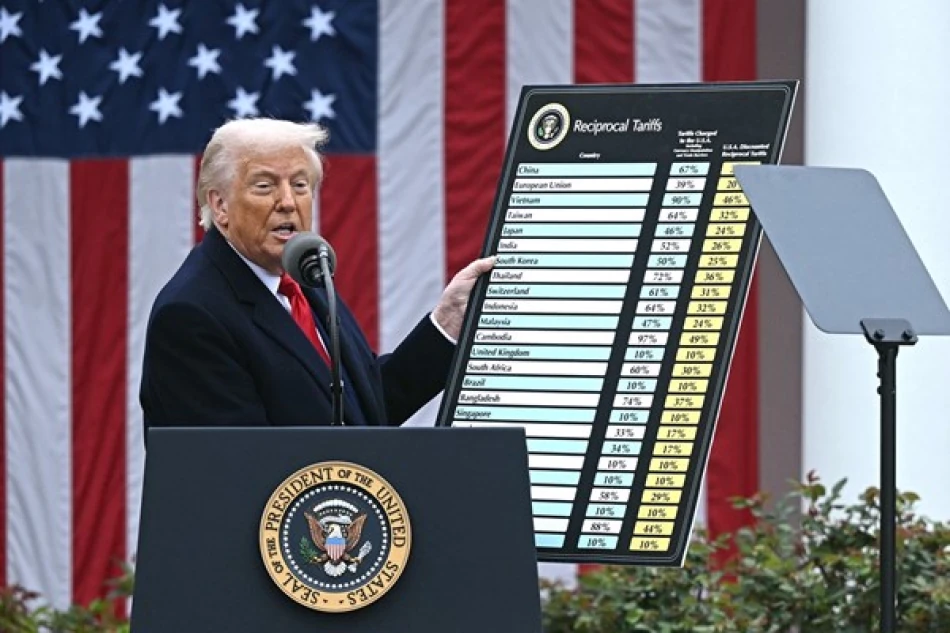
Trump Threatens 100% Tariffs on Semiconductor Imports, Escalating Trade Tensions
Trump's 100% Semiconductor Tariff Gambit Could Reshape Global Tech Supply Chains
President Donald Trump announced plans to impose nearly 100% tariffs on semiconductor chip imports while offering significant exemptions for companies that manufacture domestically or commit to doing so. The move represents one of the most aggressive trade policy shifts in the tech sector, potentially forcing a fundamental restructuring of global chip supply chains that have relied heavily on Asian manufacturing hubs for decades.
The Carrot and Stick Approach
Speaking to reporters at the White House on Wednesday, Trump outlined a clear incentive structure: companies like Apple, which recently announced an additional $100 billion investment in its domestic market, would face "no tariffs" if they commit to U.S. manufacturing. However, he warned that companies must not attempt to evade their commitments to building American factories.
The timing appears strategic, coinciding with Apple's major domestic investment announcement and coming just ahead of broader U.S. tariffs ranging from 10% to 50% on various goods from dozens of trading partners, set to take effect Thursday.
Market Implications and Industry Response
The semiconductor industry, worth over $500 billion globally, has operated on a model of specialized regional production for the past three decades. Taiwan Semiconductor Manufacturing Company (TSMC) produces roughly 90% of the world's most advanced chips, while South Korea and China dominate memory chip production.
For investors, the policy creates both opportunity and uncertainty. U.S. semiconductor equipment makers and domestic chip manufacturers could see significant benefits, while companies heavily reliant on Asian supply chains face potential margin compression or forced capital expenditure increases.
Comparison to Previous Reshoring Efforts
This approach mirrors but exceeds the scale of the CHIPS and Science Act passed during the Biden administration, which allocated $52 billion in subsidies for domestic semiconductor manufacturing. Trump's tariff-based strategy adds a punitive element that could accelerate reshoring timelines, similar to how Singapore successfully built its semiconductor hub in the 1980s through a combination of incentives and strategic positioning.
National Security Considerations
The announcement comes amid an ongoing national security investigation into semiconductors and other key technology goods, with results expected by mid-August. This reflects growing bipartisan concern about America's dependence on foreign chip production, particularly given semiconductors' critical role in everything from military systems to consumer electronics.
The policy represents a significant escalation from previous trade measures, potentially forcing companies to choose between absorbing substantial cost increases or committing to multi-billion dollar U.S. manufacturing investments.
Global Supply Chain Disruption
If implemented as described, these tariffs could trigger the most significant reshuffling of semiconductor supply chains since the industry's inception. Companies would face a stark choice: pay double for imported chips or invest heavily in domestic production capabilities that could take years to become operational.
The policy's success will likely depend on execution details and whether the administration can maintain exemption criteria that encourage genuine domestic investment rather than superficial commitments. For global markets, this signals a potential permanent shift away from the efficiency-focused, geographically dispersed supply chains that have defined the modern tech industry.
Most Viewed News

 Layla Al Mansoori
Layla Al Mansoori






